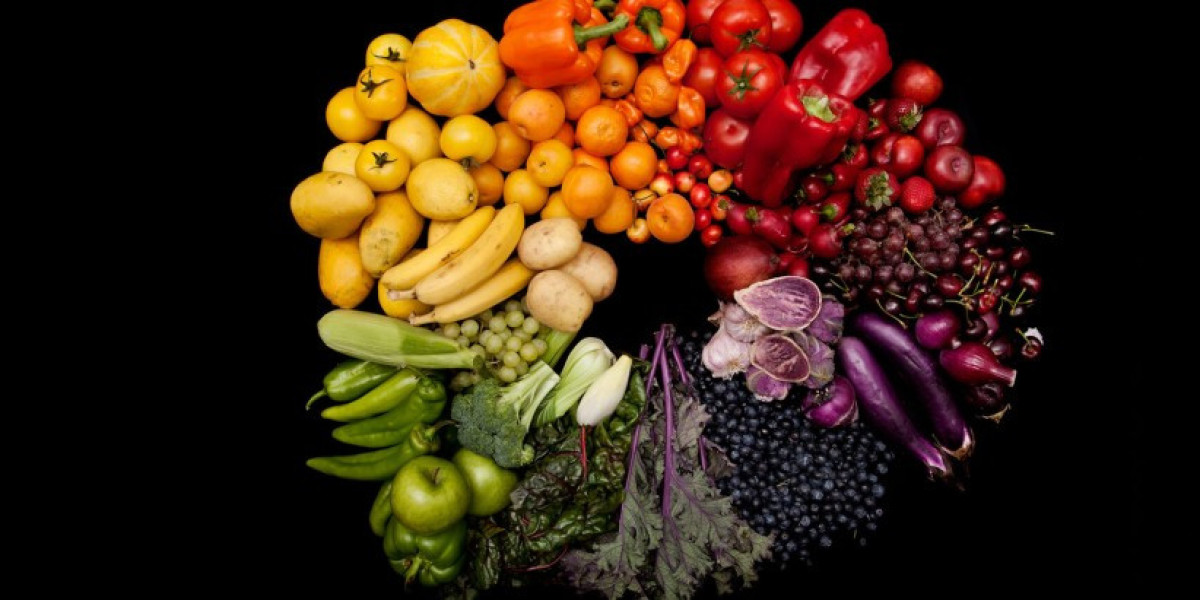Phytonutrients, also known as phytochemicals, are naturally occurring compounds found in plant foods like fruits, vegetables, whole grains, legumes, nuts, and seeds. They help protect plants from damage and are believed to provide health benefits to humans. There are thousands of identified phytochemicals, each contributing to unique flavors, aromas and colors in plant foods. Some well-known types of phytochemicals include carotenoids, flavonoids, phenolic acids, phytoestrogens and sulfur compounds.
Carotenoid Benefits
Carotenoids are bright yellow, red and orange pigments acting as powerful antioxidants. The most widely recognized carotenoids are beta-carotene, lycopene, lutein and zeaxanthin. Beta-carotene can be converted into vitamin A in the body and is thought to promote eye and skin health. Lycopene is associated with reduced cancer and heart disease risk. Lutein and zeaxanthin concentrate in the macula of the eye where they help protect against age-related macular degeneration and cataracts. Top sources of carotenoids include sweet potatoes, carrots, pumpkins, tomatoes and leafy greens.
Flavonoids for Heart and Brain Health
Flavonoids comprise the largest group of polyphenols in our diets. Phytonutrients include flavonols, flavones, flavanols, flavanones and anthocyanins. Flavonoids are linked to reduced cancer cell growth and decreased inflammation. Specific types also decrease blood pressure and aid cognitive function. Flavonols like quercetin are abundant in berries, onions and tea. Cocoa and red wine are high in flavanols. Oranges, grapefruit and tomatoes provide flavanones. Berries are a standout source of anthocyanins. Research suggests regular flavonoid intake through a variety of plant foods may support heart and brain health.
Sulfur Benefits from Allium Vegetables
Sulfur-containing Phytonutrients like allicin and S-allylcysteine are largely responsible for the distinct aroma and flavors of allium vegetables like garlic, onions, scallions, shallots and leeks. When these foods are crushed or chewed, an enzyme reaction occurs producing the active compounds. Population studies worldwide point to lowered risks of certain cancers, especially stomach, with routine allium intake. Garlic and its relatives also exhibit cardiovascular benefits including cholesterol-lowering effects. Their antimicrobial properties lend support against illnesses. Allium vegetables are highly versatile additions to many healthy cuisines.
Get more insights on Phytonutrients








